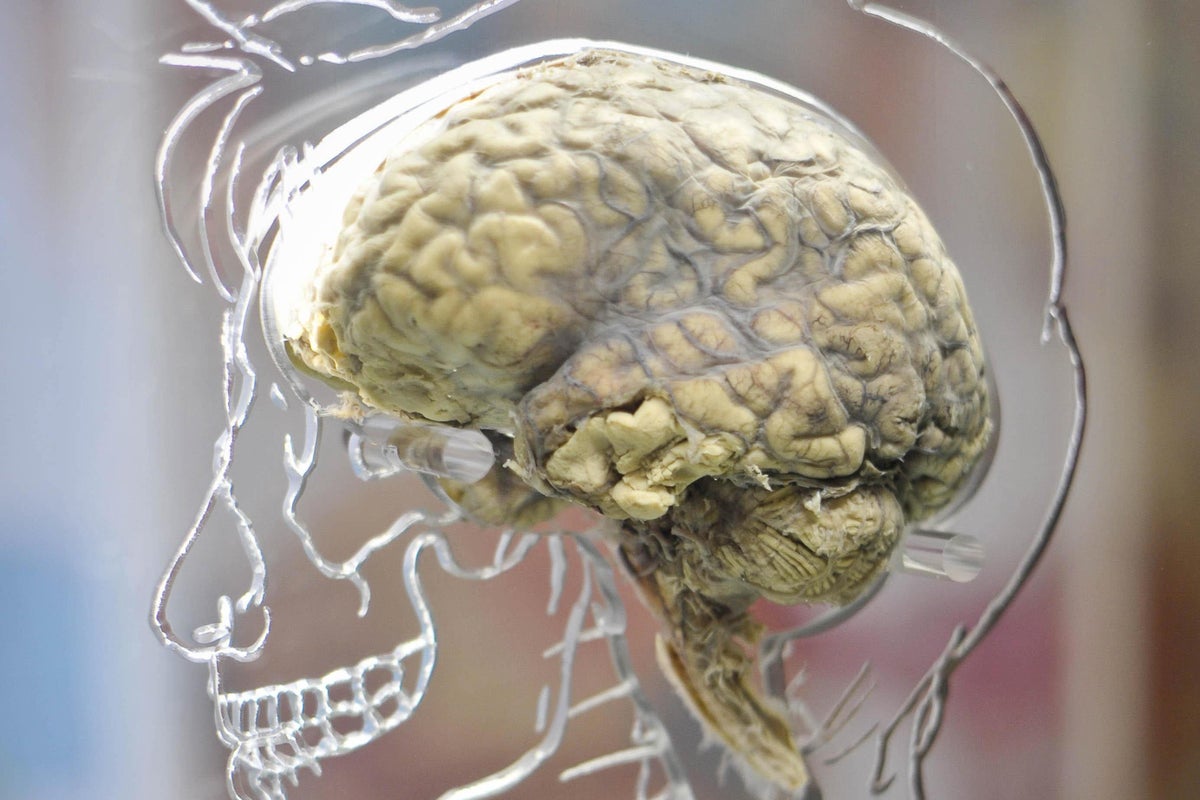
A first of its kind study has revealed how a face transplant patient recognises their new appearance as their own.
The research sheds light on how facial transplantation changes the way recipients recognise their own face.
The researchers suggest that as facial transplants become more common, their findings could inform future patient care and improve the understanding of the psychological impact of facial disfigurement and transplantation.
They could also provide a unique insight into the psychological outcomes of face transplants.
The study's impact on future patient care could be significant as almost all medical conditions result in important changes in the psychological experience of our body— Professor Manos Tsakiris, Royal Holloway
The scientists from Royal Holloway, University of London, the University of Kent and New York University Langone Health investigated the case of a man who underwent the procedure at the NYU Langone Health’s Hansjorg Wyss Department of Plastic Surgery.
Researchers analysed the patient’s recognition of his face, both before and after the face transplant, over a period of 28 months.
By examining brain responses and performance in a self-face recognition task, the researchers were able to study the brain networks involved in recognising their own face and how they changed over time.
According to the findings, before the operation the patient identified more strongly with what he looked like before his injury.
However, after the transplant the patient gradually recognised his new appearance as his own face.
The researchers found the medial frontal cortex of the brain – which is involved in various aspects of self-identity – showed similar activation for both their pre-injury and post-transplant faces within 20 months of the operation.
Professor Manos Tsakiris, from the Department of Psychology at Royal Holloway, who led the neuroscientific research, said: “While the acquisition of a new face following facial transplantation is a medical fact, the experience of a new identity is an unexplored psychological outcome.
“Our research set out to answer if recipients of a face transplant would come to recognise their new appearance as their own face.
“The study’s impact on future patient care could be significant as almost all medical conditions result in important changes in the psychological experience of our body.
“These changes require some adaptation on our own behalf and an updated sense of self.
“Plasticity and continuity of the self are particularly relevant for modern selves who, due to technological or medical advances, seem to be exposed to new, often radical, possibilities of change.”
Co-author Dr Ruben Azevedo, lecturer in cognitive neuroscience, University of Kent, said: “These findings highlight how our brains adapt to changes in physical appearance and inform our sense of identity. Importantly, they show how the medical outcome of a successful facial transplantation can result in an updated recognition of one’s new appearance.”
The patient in the study was a 25-year-old man who sustained a ballistic facial injury in June 2016.
The initial injury involved the eyelids, nose, cheek, lips, and facial bones.
After several reconstructive attempts, he had persistent lip incompetence, speech and feeding difficulties, visual alterations and exposed hardware.
The decision was made to proceed with a partial face transplant since it was thought optimal results could not be achieved through reconstruction.
The patient has returned to his pre-injury daily activities since the transplant in January 2018.
The findings are published in the PNAS journal.







